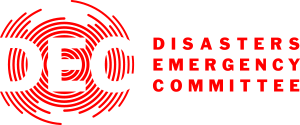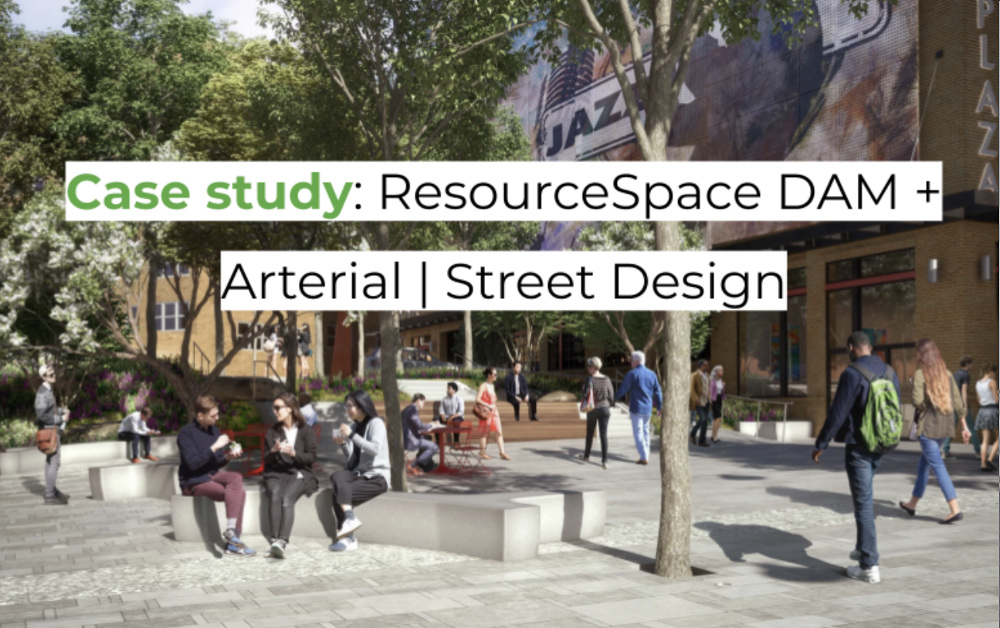
ResourceSpace has empowered our staff to find and access the content they need independently while allowing us to keep centralised control of assets and metadata.
Blog
2nd July 2021

Arterial is a company that specialises in landscape architecture, labelling itself as a 'street design studio'. Its focus is to create people-centric outdoor spaces - particularly in the streetscape and pedestrian domain - that bring vitality to the built environment and utility for the people who occupy and use these areas.
Based in New Jersey, this 12-person wonder team of Landscape Architects, Planners, Urban Designers and Information Architects works hard to re-imagine and transform streets and spaces into beautiful, vibrant areas that help communities thrive.
Sergio Uzeta, Arterial Streets' Marketing Coordinator, is responsible for generating the company's marketing materials and putting together the proposals for contracts with new clients. His hands-on involvement in the company's marketing activities requires a high level of flexibility and efficiency, particularly as the company serves both the public and private sectors.
To successfully pitch a project, Sergio has to create strong visual content that emphasises Arterial Streets' expertise and capabilities, demonstrating how the company can meet each client's specific requirements. This often means having to find the perfect image to show precisely how the team has achieved this in the past and provide the customer with reassurance that their vision for the project can be realised.
Sergio's role also involves a lot of research to identify potential new clients, industry trends and opportunities for the business, meaning he's continuously collecting and collating data that can be used for reference in the future.
"We needed a programme that would help us organise our media."
Previously, the company relied on Google's now-discontinued service, Picasa. Arterial Streets began to look for better, scalable solutions that could organise materials and imagery with keywords and tags.
The team collects many photos, so when Picasa was no longer available, it was necessary to find an efficient Digital Asset Management (DAM) system that would eliminate the need to go through folders that often contain thousands of pictures - a time-consuming exercise that did not contribute to the team's productivity.
After some online research, Arterial Streets identified ResourceSpace as a viable solution, and the team began to use the free version of the software. As their requirements changed and a need for more technical support arose, the company decided that a paid ResourceSpace plan was a worthwhile investment. This provided them with expert guidance on how to implement best practices when using their Digital Asset Management (DAM) tools and generated even more value for the business.
The Arterial Streets team relies on multiple data fields, and highly specific searches need to be initiated to call up the exact file that's required. This is where ResourceSpace delivers.
The designers and project managers now enjoy a more dynamic way of working, and Sergio is able to navigate through marketing content with greater efficiency.
Sergio explains: "There are different categories to a street or space, so if you're looking for something really specific, that's going to be helpful for a potential client, we need to find exactly what we're looking for -- for example, a photo of a street that has a bike lane. The advanced search in ResourceSpace is great for this."
Impressed with ResourceSpace's continuous commitment to maintaining the system and ensuring that Arterial Streets gets the best out of their service, the team knew they'd made the right choice.
#Marketing
#Productivity
#BestPractice
#PublicSpaces
#ResourceSpaceTips
#Efficiency